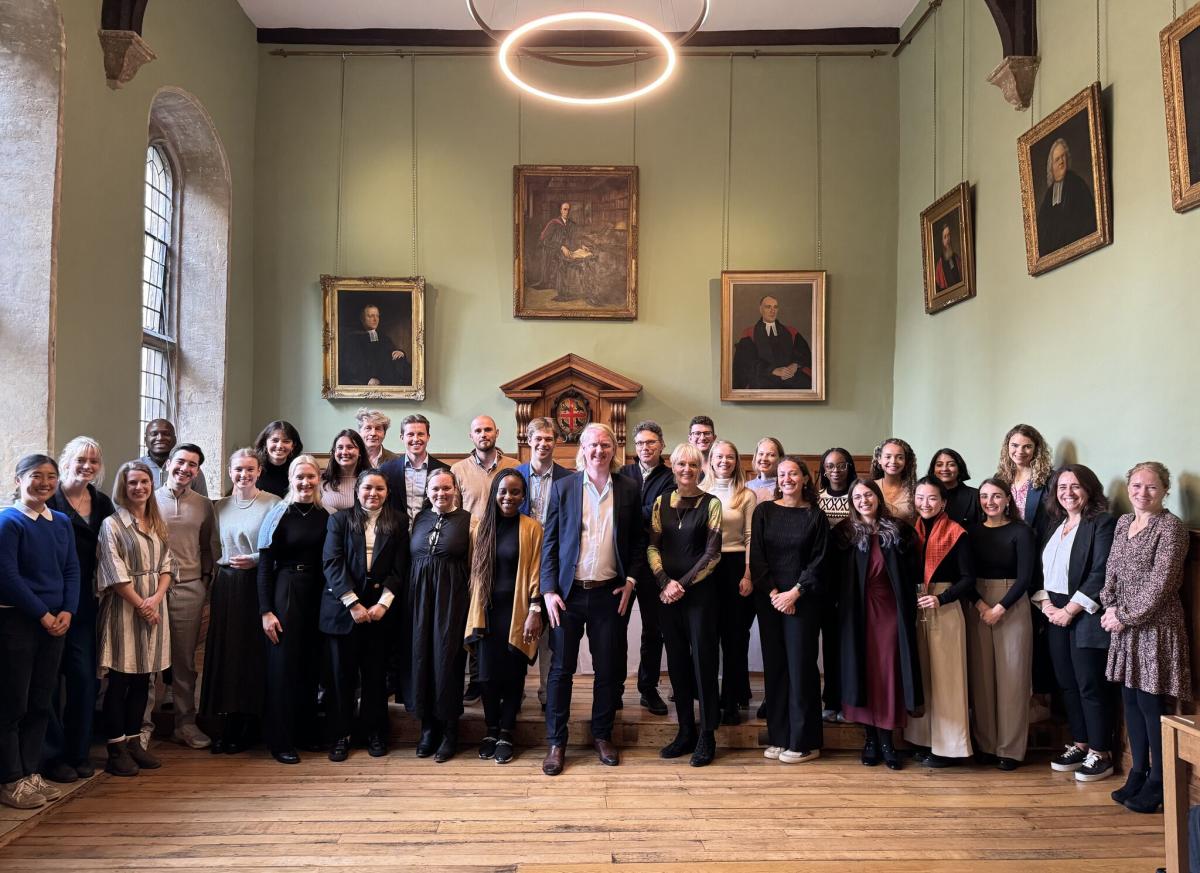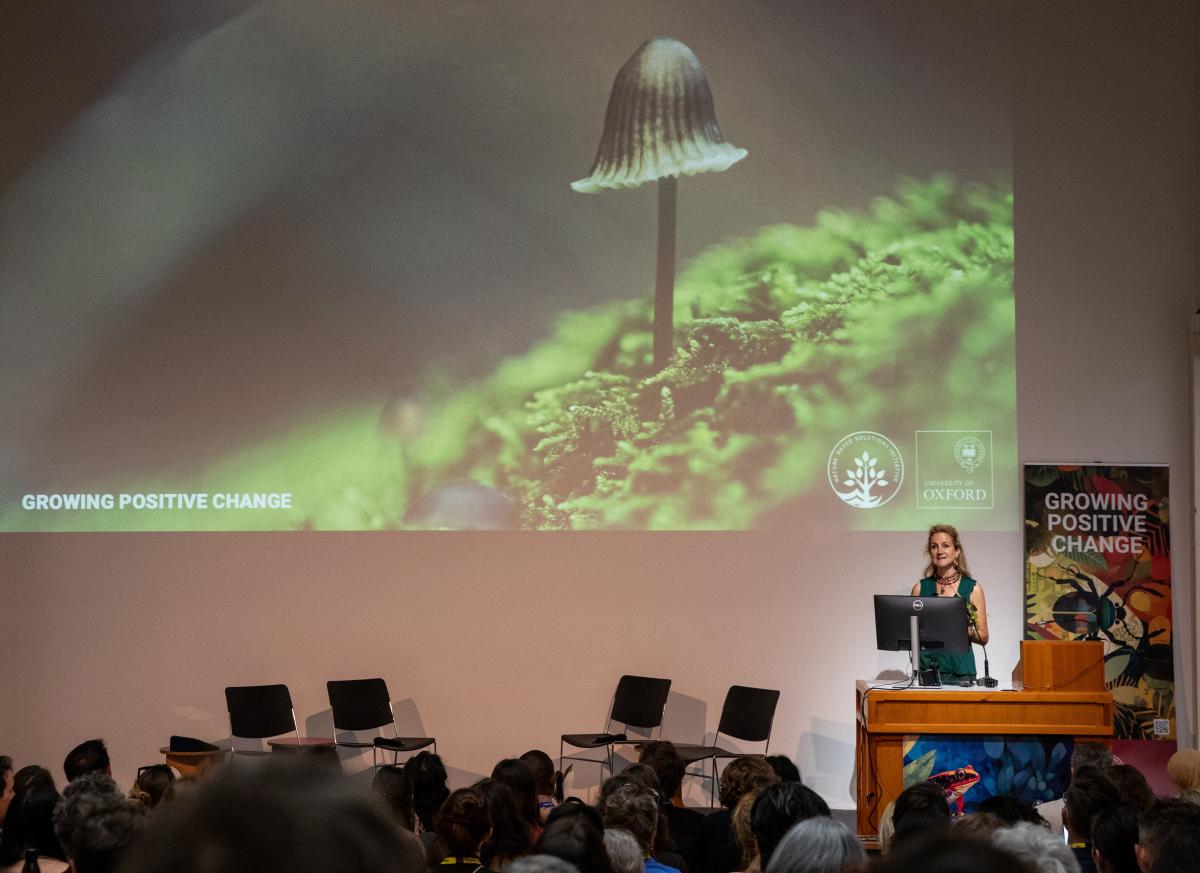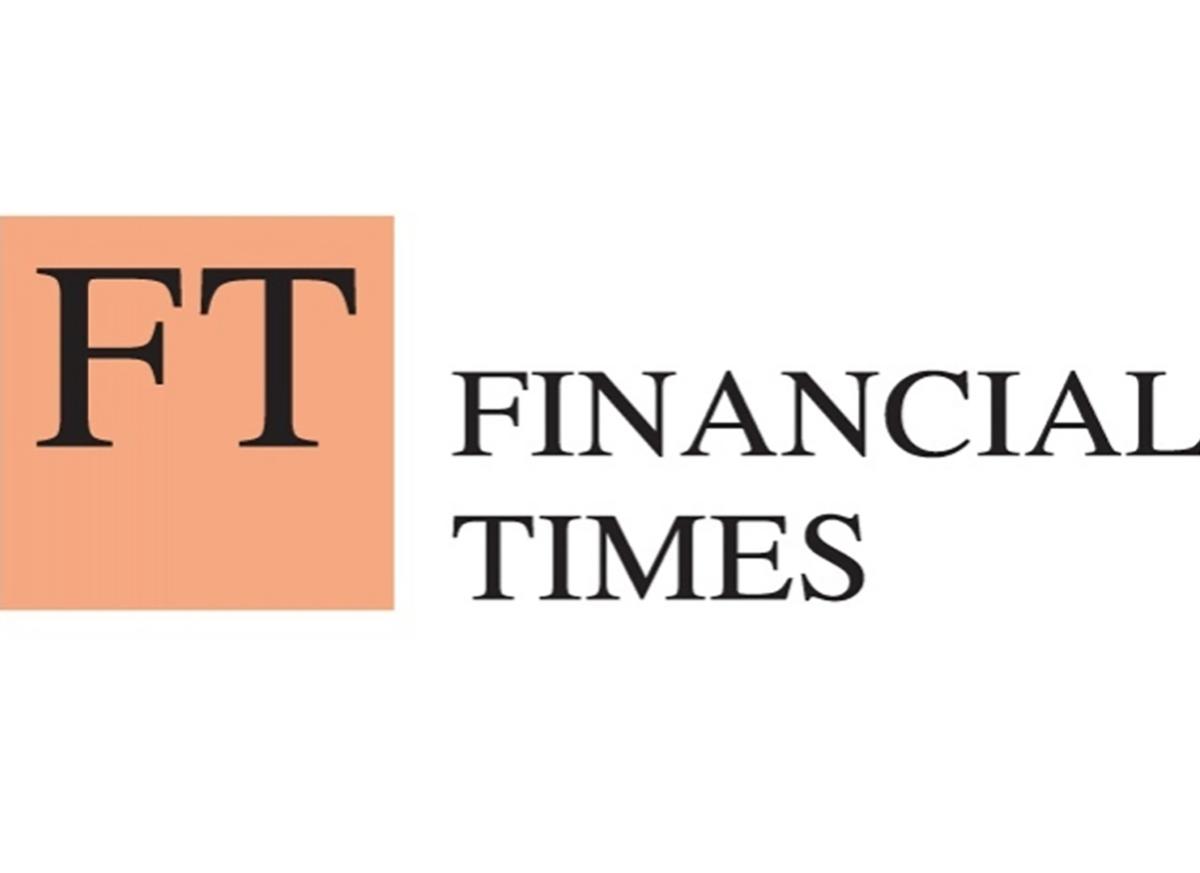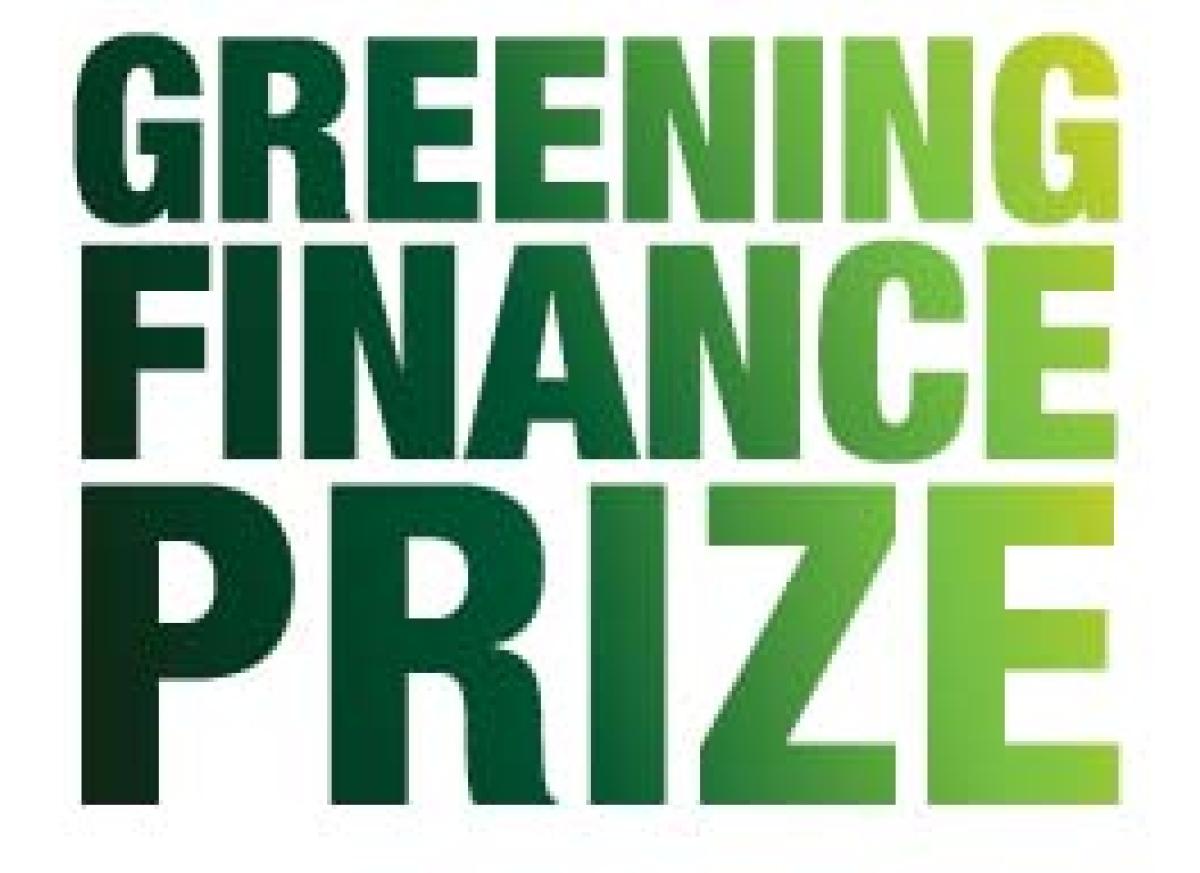News
Morgan Stanley partners with Climeworks for direct air capture
Steve Smith comments on the potential of direct air capture technology, so long as its use doesn't divert attention or resources from emissions reductions efforts across industries.
‘Mercury destroys lives’: but if goldmining is here to stay, is there a way to make it safer?
Stephen Lezak comments on the environmental sustainability and health risks of goldmining in this article that investigates the small-scale gold industry in the town of Paracale. Philippines.
From the sea to your plate: how to choose more sustainable salmon
Dr Laurence Wainwright, MSc Director at the Smith School of Enterprise and the Environment, who studied eco-labels on seafood for his PhD thesis, told the Guardian there are some rules of thumb to be followed when choosing more sustainable salmon.
Seven questions with Jordan Calverley, Smith School MSc alum and former McDonald’s Sustainability Manager
Jordan Calverley finished the Oxford Smith School’s MSc in Sustainability, Enterprise and the Environment this year. A former Sustainability Manager at McDonald’s, Calverley came to the MSc with hands on experience of implementing sustainability initiatives in the corporate world.
Oxford sustainability MSc draws global applicants to tight-knit, student-driven cohort
The Oxford Smith School's MSc in Sustainability, Enterprise and the Environment (MSc SEE) received 691 applications for its 2024-25 cohort, an increase of 118 from last year.
Nigeria faces a cooling crisis
This article in the New York Times references recent research from the Oxford Sustainable Cooling programme, which found that Nigeria will be among the top 5 countries in the world more affected in terms of absolute increase in temperature as the world moves from 1.5 to 2 degrees of global warming.
Empowering youth in climate action
Find out more about the Smith School's flagship youth capacity training programmes, and apply now for a brand new course led by Oxford Net Zero: Unlocking the power of youth to develop equity in net zero governance.
What the Cobalt Industry Can Learn From Coffee Producers
In an article written for the Carnegie Endowment for International Peace, Stephen Lezak talks about how the cobalt mining industry should learn from coffee producers when it comes to operating sustainably and ethically.
Professor Nathalie Seddon on her Marsh Prize, COP16 and the importance of traditional knowledge
Professor Nathalie Seddon’s research career has taken her from the rainforests of Peru to the top levels of academia and policy. In this Smith School interview, she discusses her recent award, COP16, and the importance of traditional knowledge when it comes to tackling climate change and biodiversity loss.
Desperate for good news about climate change? Consider the pace of clean energy growth
In this commentary for the LA Times, Doyne Farmer writes about the rapid cost reductions of solar and wind technologies, and reminds the reader that we are "improving and adopting technologies that can wean us from fossil fuels just when we really need them."
Can transition finance get us to a greener future?
Gireesh Shrimali and Ben Caldecott comment on transition finance and green transition plans.
Annual Greening Finance Prize - 2024 Winners Announced
The winners of the ‘Insight Investment – University of Oxford Prize for Greening Finance’, the preeminent prize for this important area of research and practice, have been announced for 2024. The prizes, for Outstanding Service and Outstanding Research, recognise research and service that helps society better understand how environmental change influences finance and investment, and how economic and financial systems can contribute to achieving global environmental sustainability.











